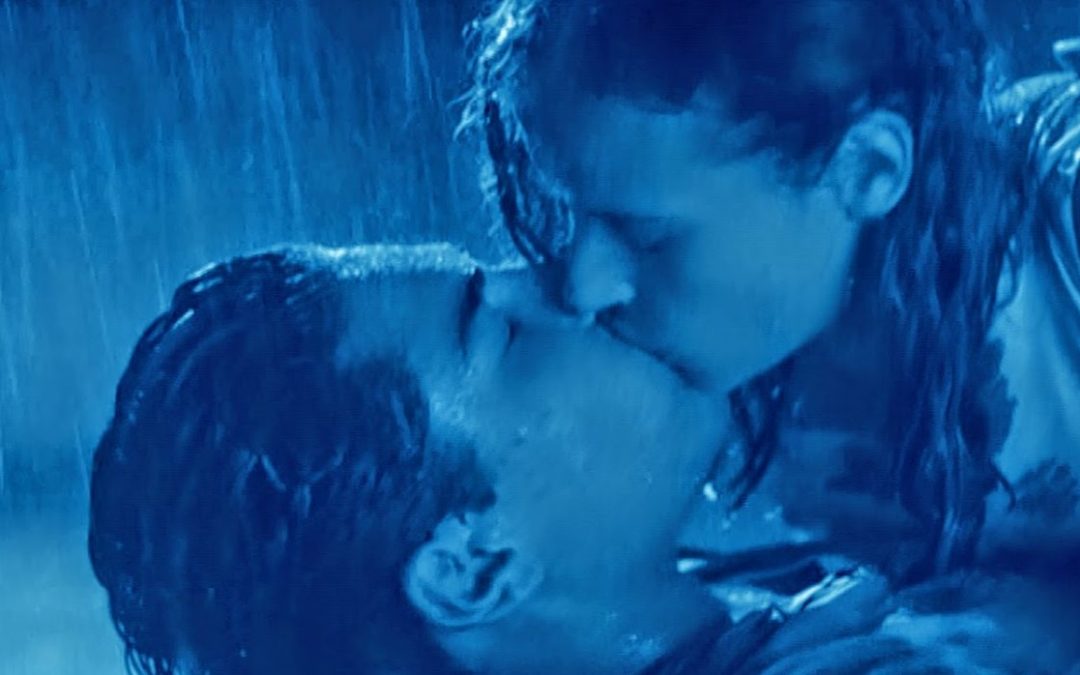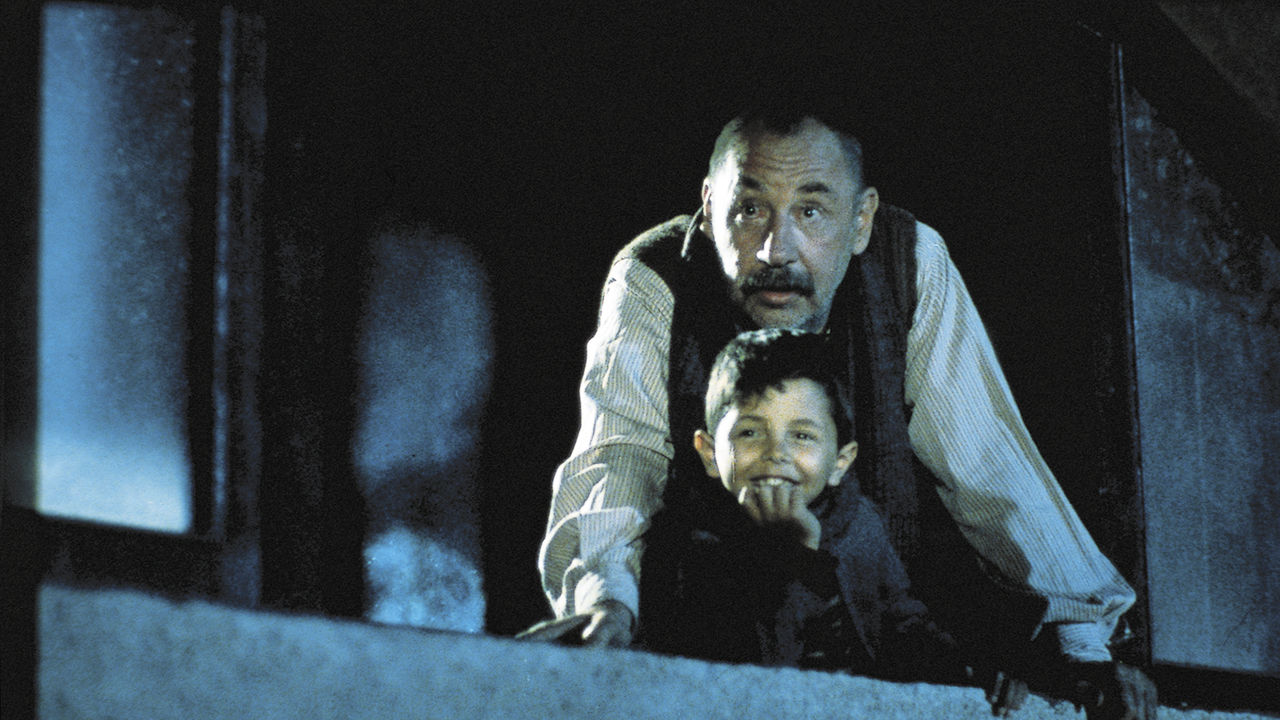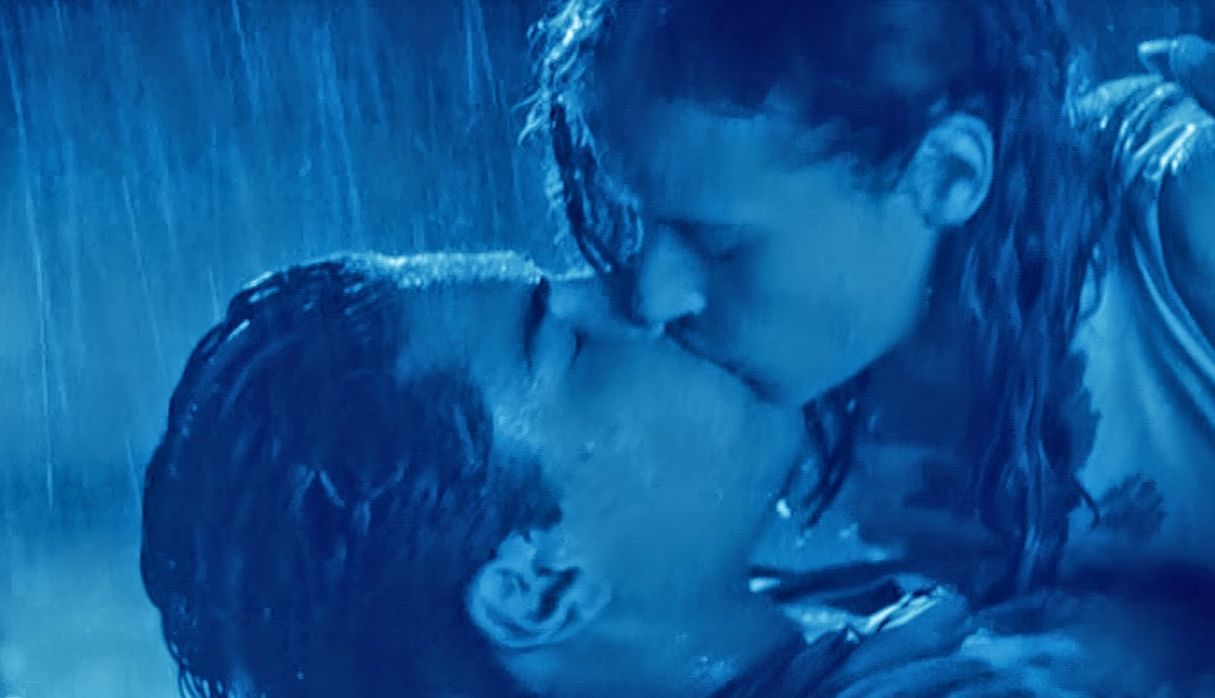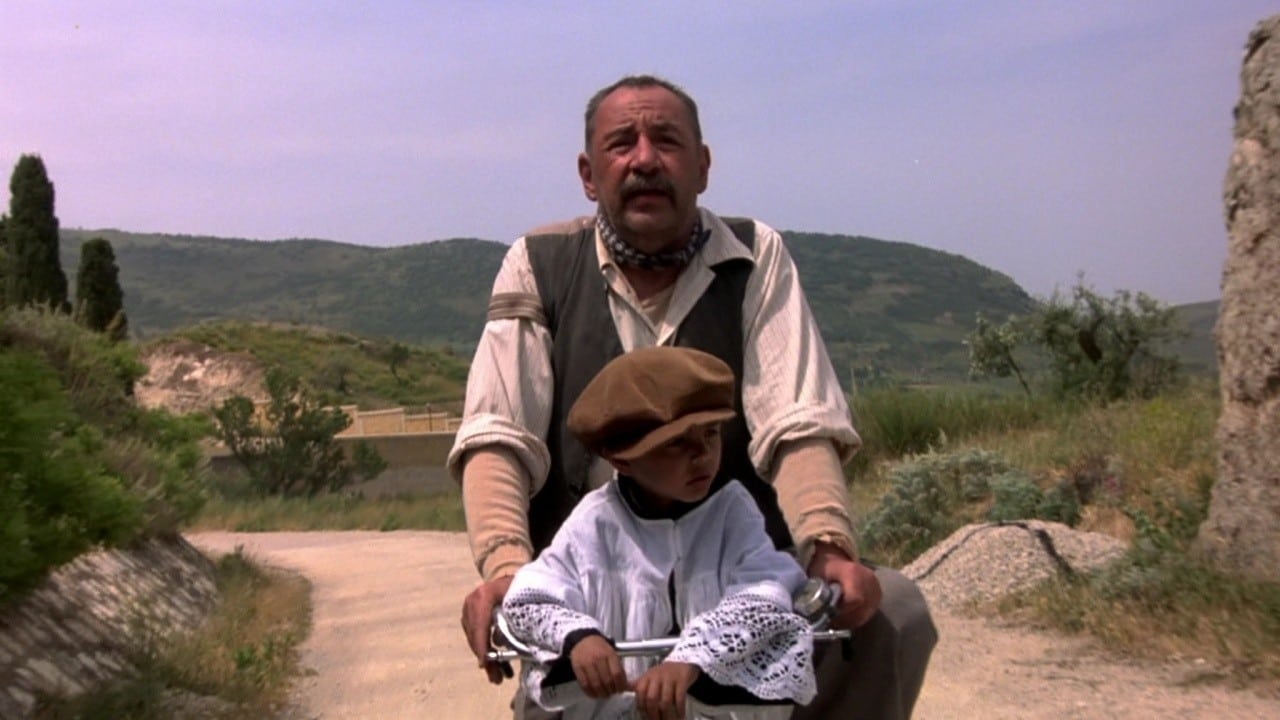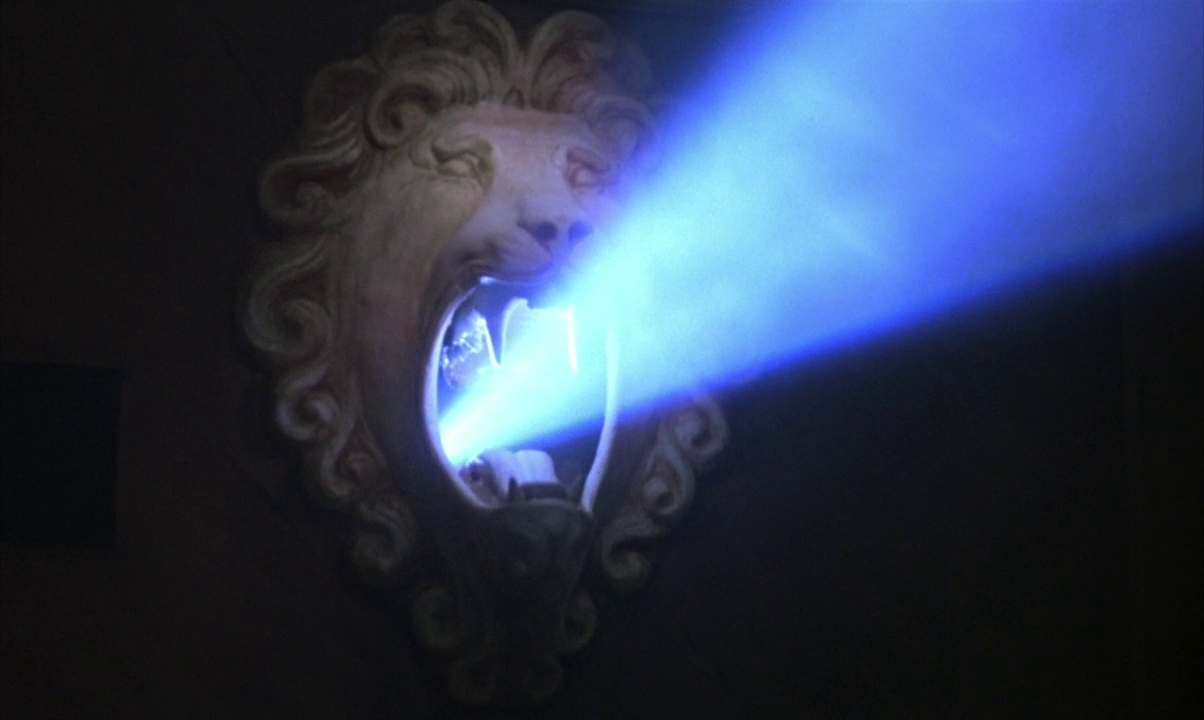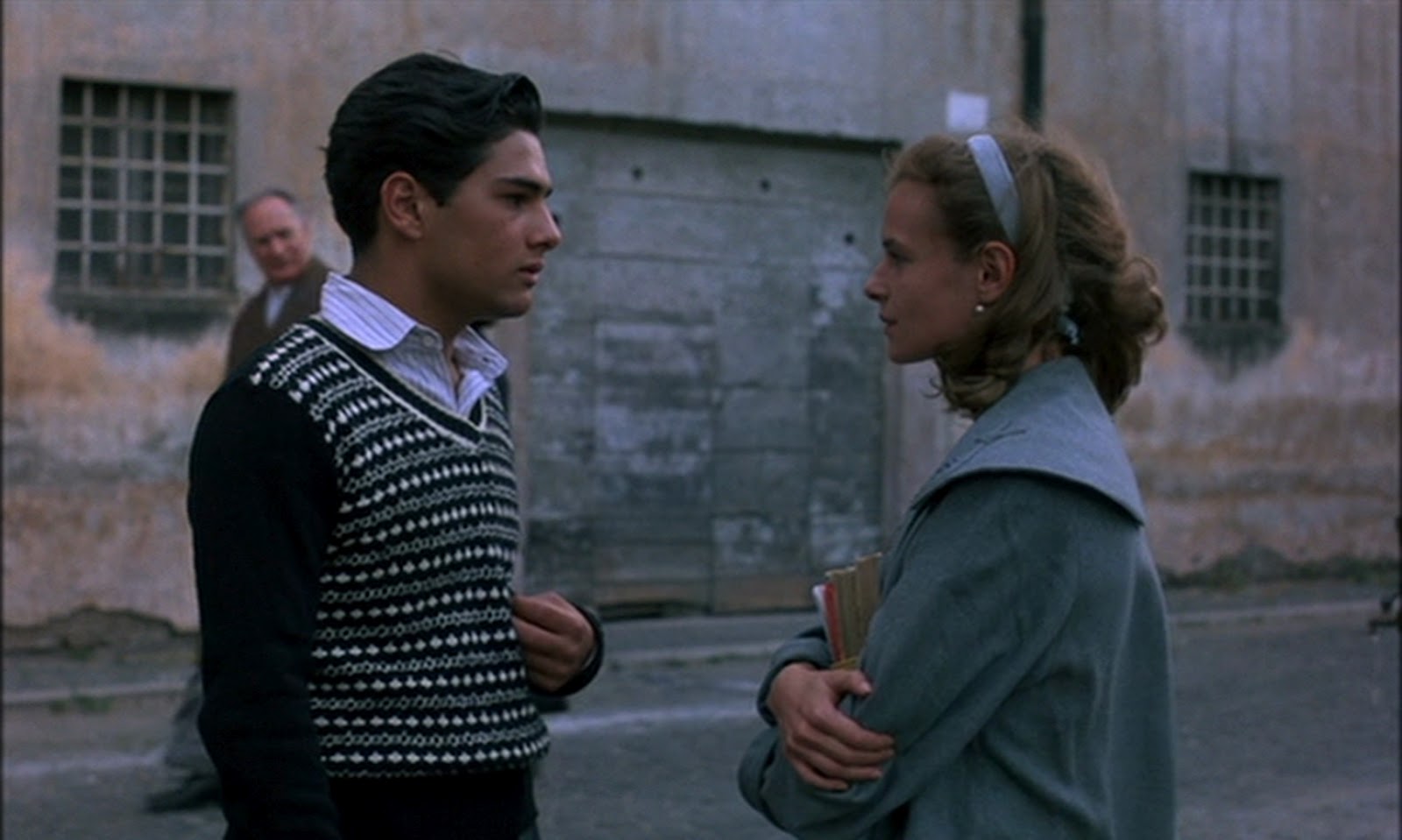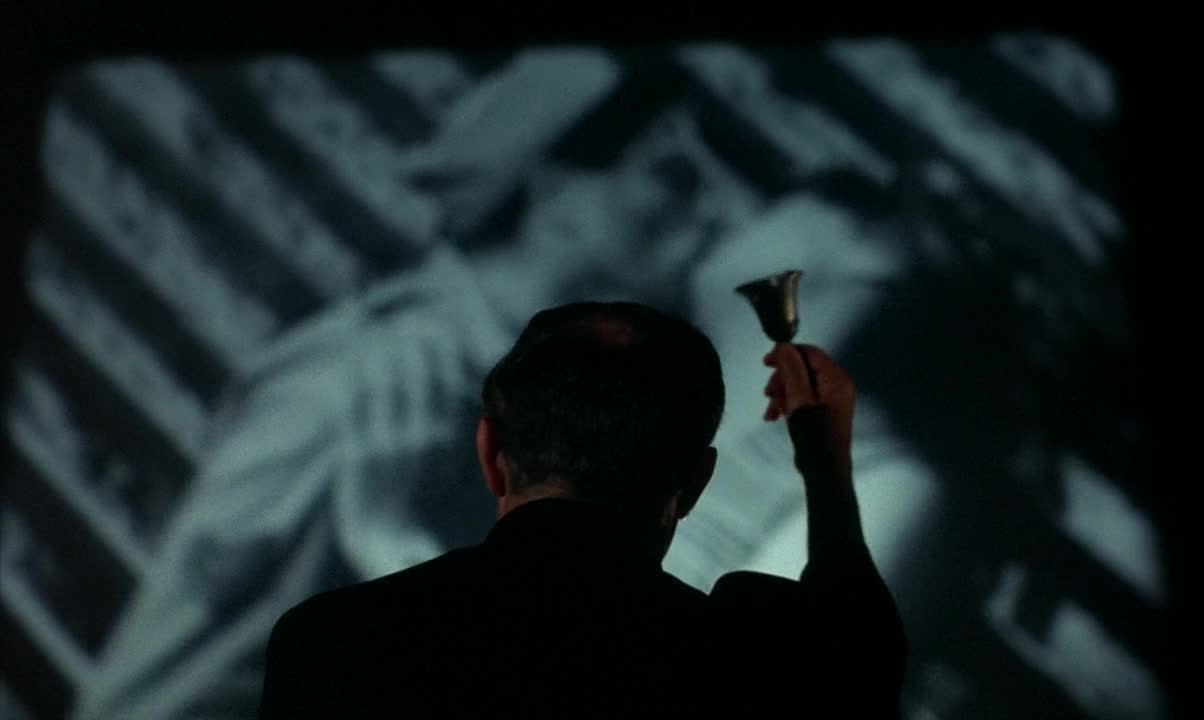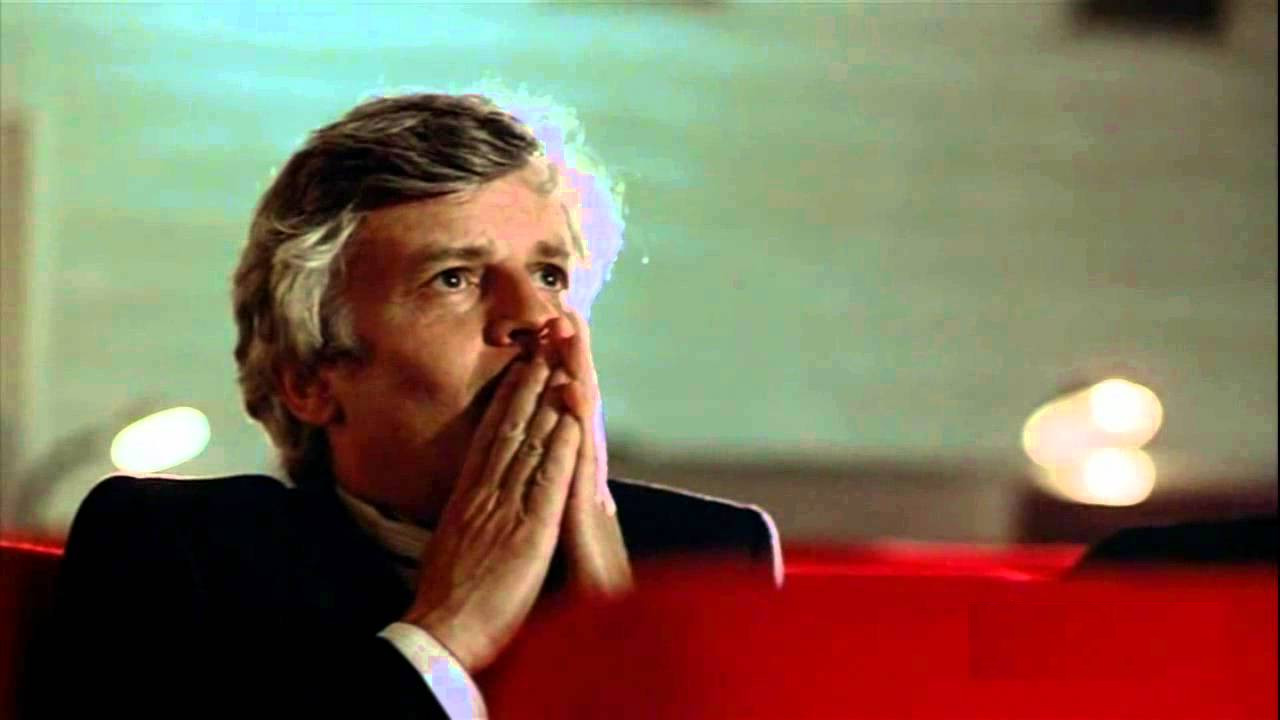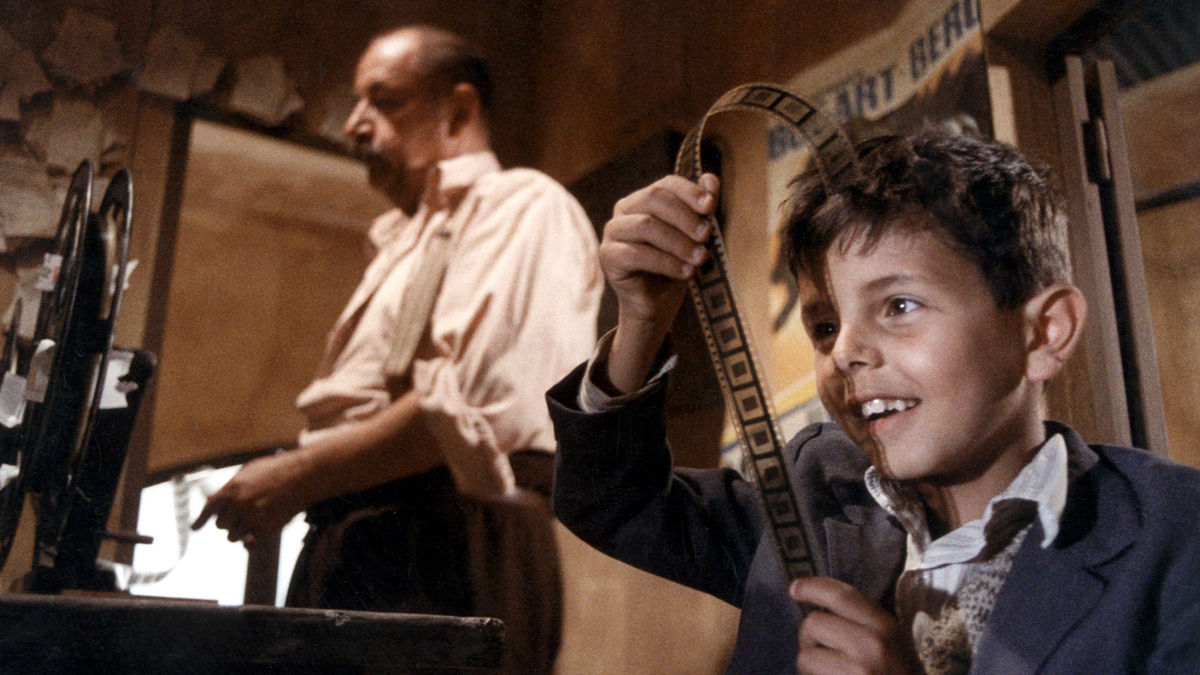Okay, I’ll admit it: This is one of my all-time favorite films. Sure, I’m biased because it’s an Italian film, but there’s so much more to it than that. Among the many elements to like in this film are:
- A beautiful story – perhaps one of the best coming-of-age stories you’ll find in film.
- A beautiful love story – while I don’t want to give away anything, there is both a traditional love story here as well as a story about the love of cinema.
- Exemplary cinematography – filmed mostly on location, this is a film with many beautiful, striking scenes and shots
- Outstanding score – Ennio Morricone is perhaps only matched by John Williams in terms of his contributions to film music. Morricone’s melodies, themes and motifs are pure magic and exceedingly memorable.
- Remarkable performances – Salvatore Cascio’s portrayal of the young “Toto” is incredible, Philippe Noiret’s “Alfredo” is spot on, Marco Leonardi’s teen-to-early-twenties “Salvatore” is both powerful and tragic, and Jacques Perrin’s adult “Salvatore” is exceptionally understated and poignant. Throw in the beautiful “Elena” played by Agnese Nano as well as the humorous facial contortions Leopoldo Trieste brings to “Father Adelfo” and you have an impressive cast. Minor characters throughout are also well-played by this incredible cast.
- Two films in one – no kidding! The original theatrical release and the director’s cut tell the same basic story, but the director’s cut adds enough of an additional story line to essentially make it an entirely different cinematic experience. Trust me, it’s not subtle, but very much a different film in many ways. Somehow, both films end up in the same place and deliver the same emotional ending.
- Emotional impact – if you’re not moved by the end of this film (both the original theatrical release and the director’s cut) then I”d suggest you check to see if you have a pulse. I don’t get very emotional when watching movies at all, but this film gets me every time.

